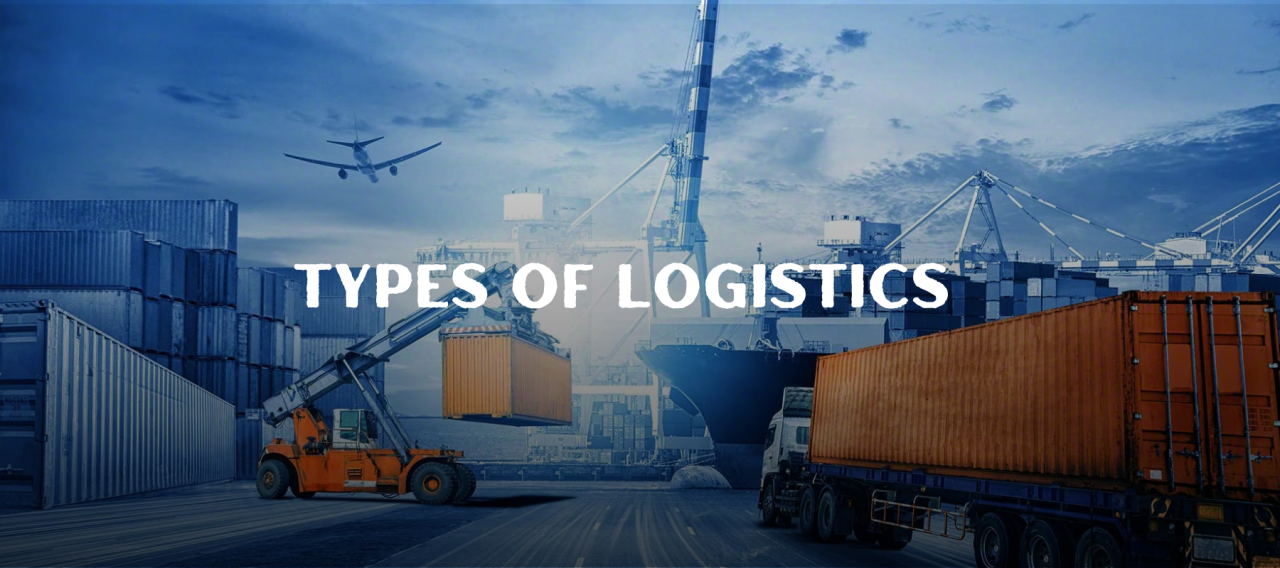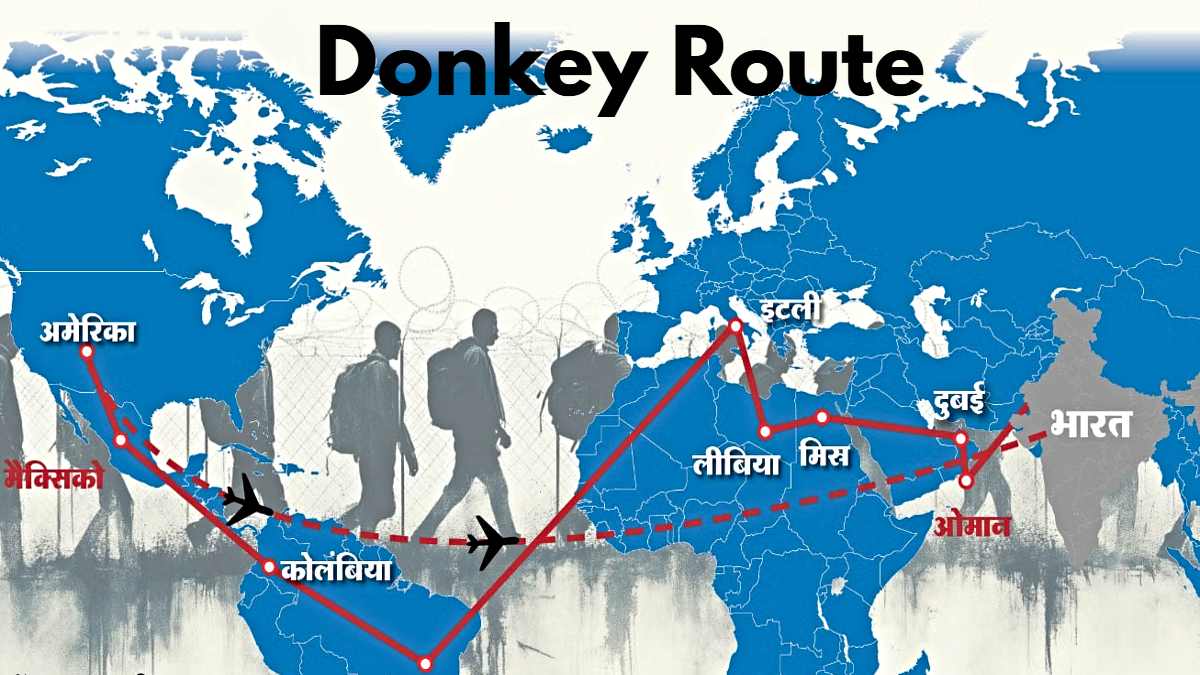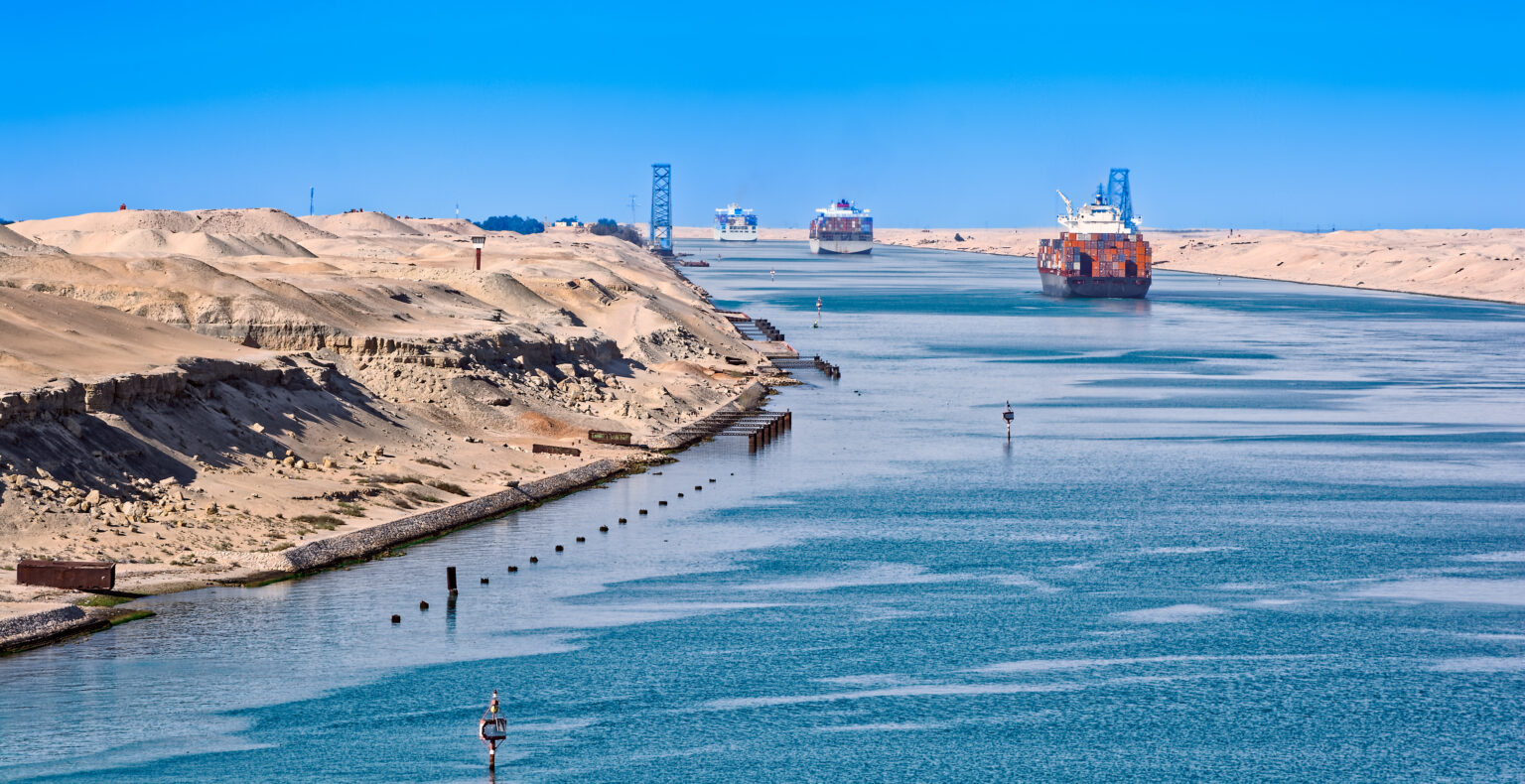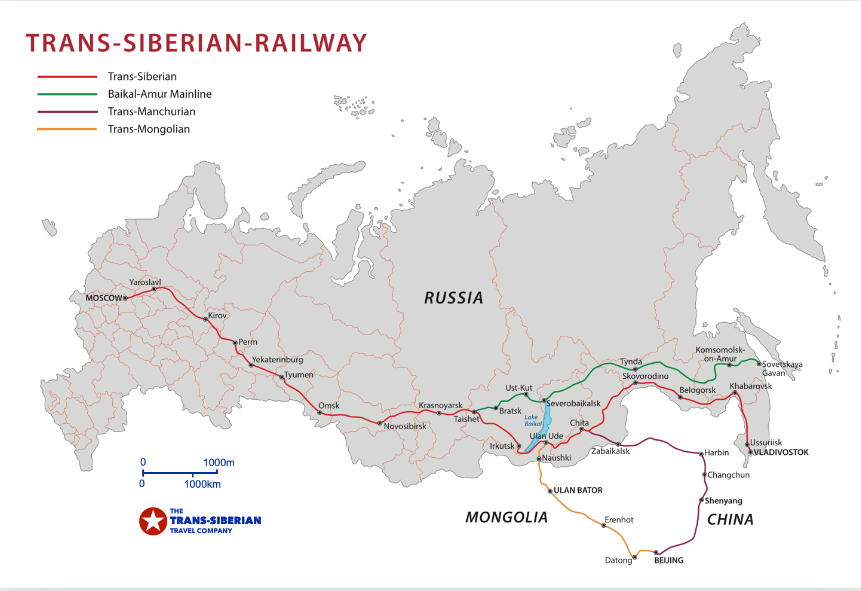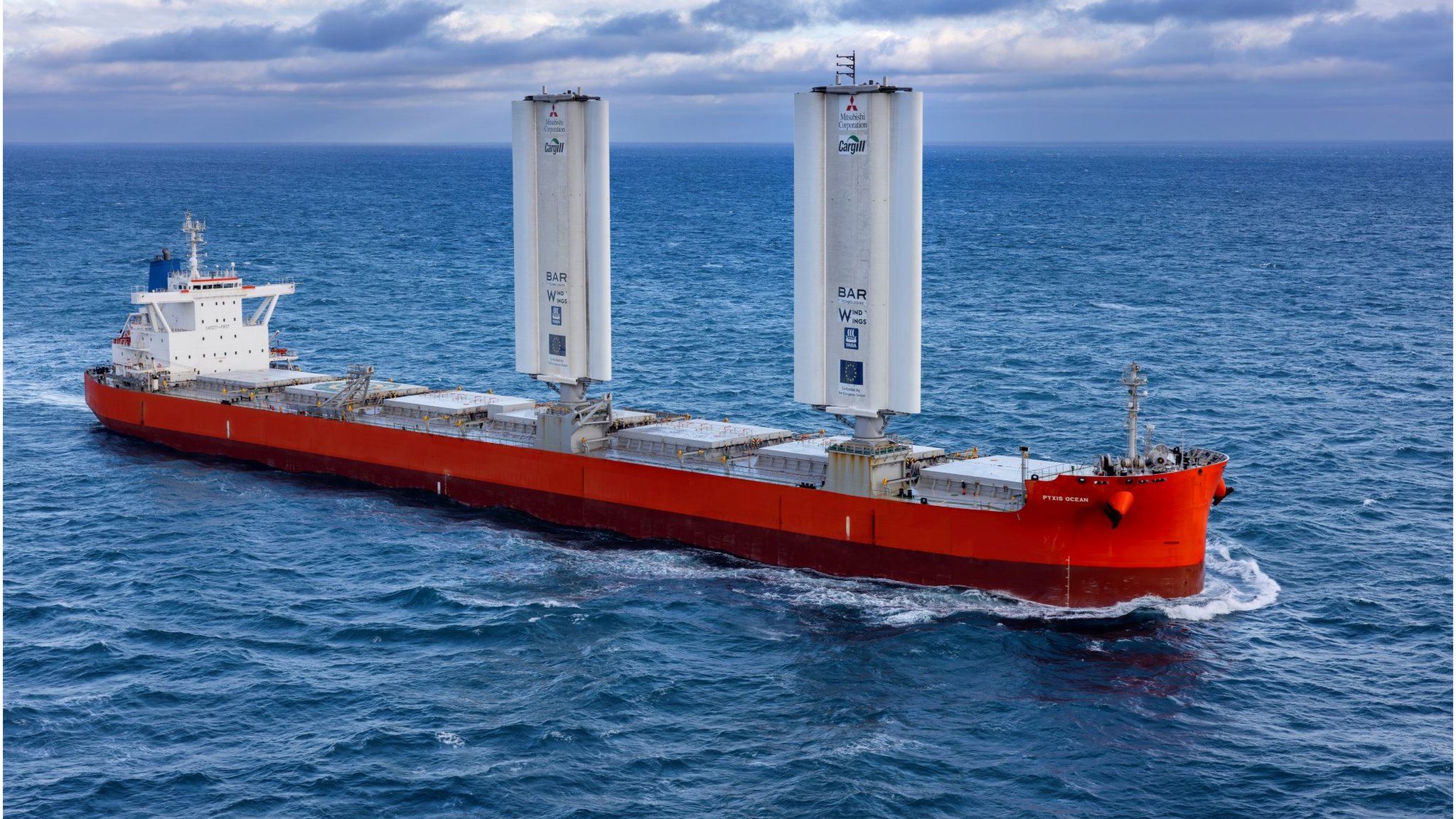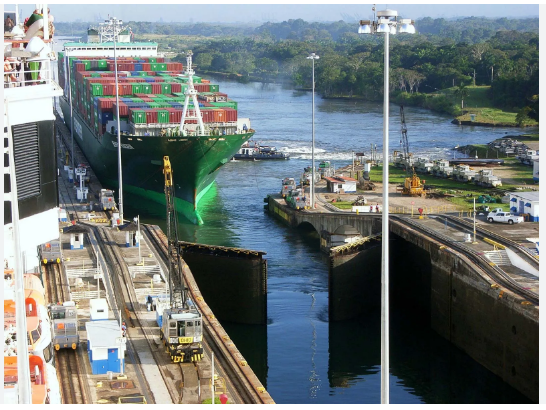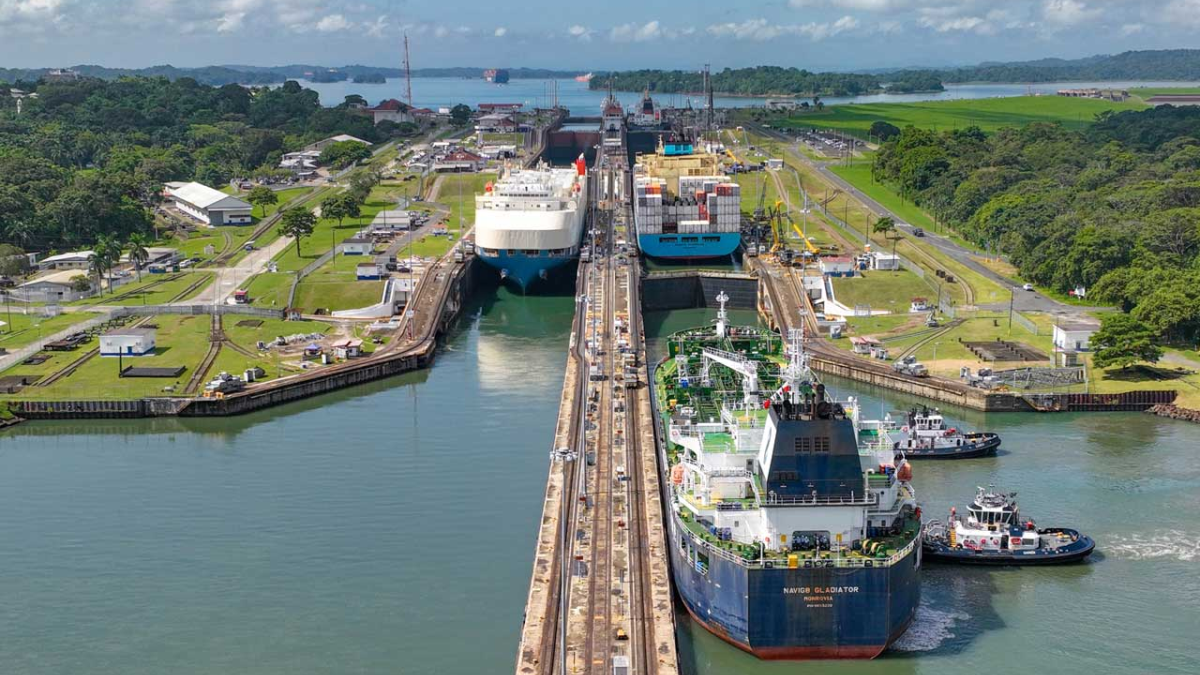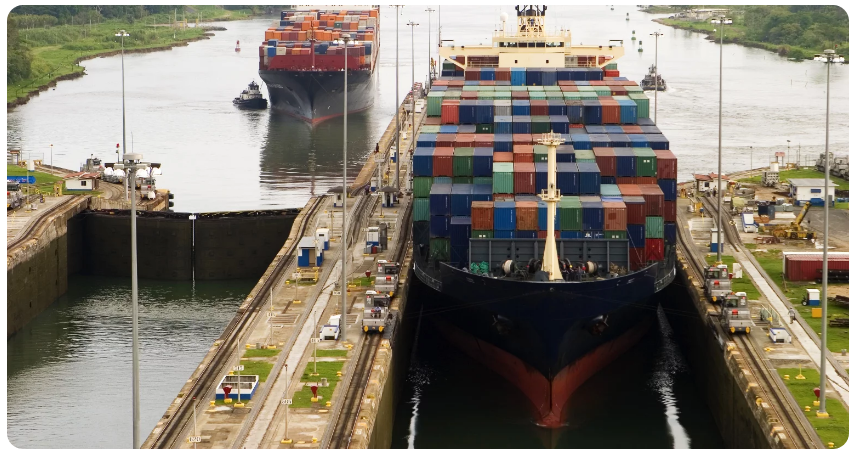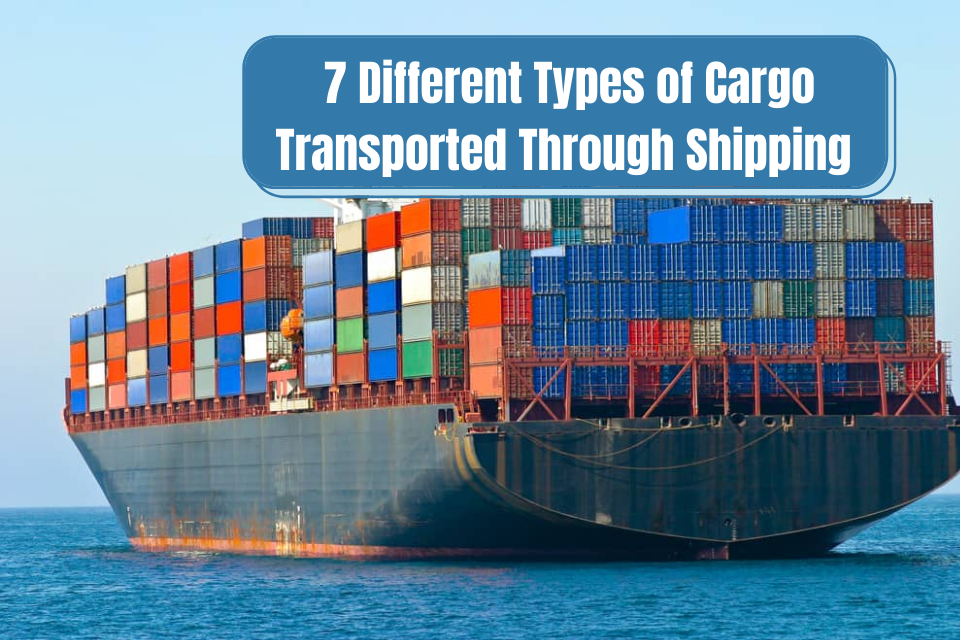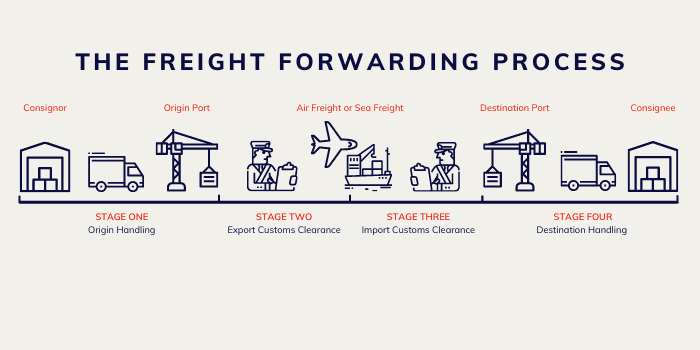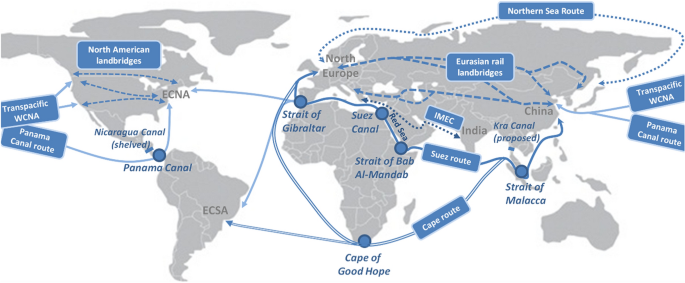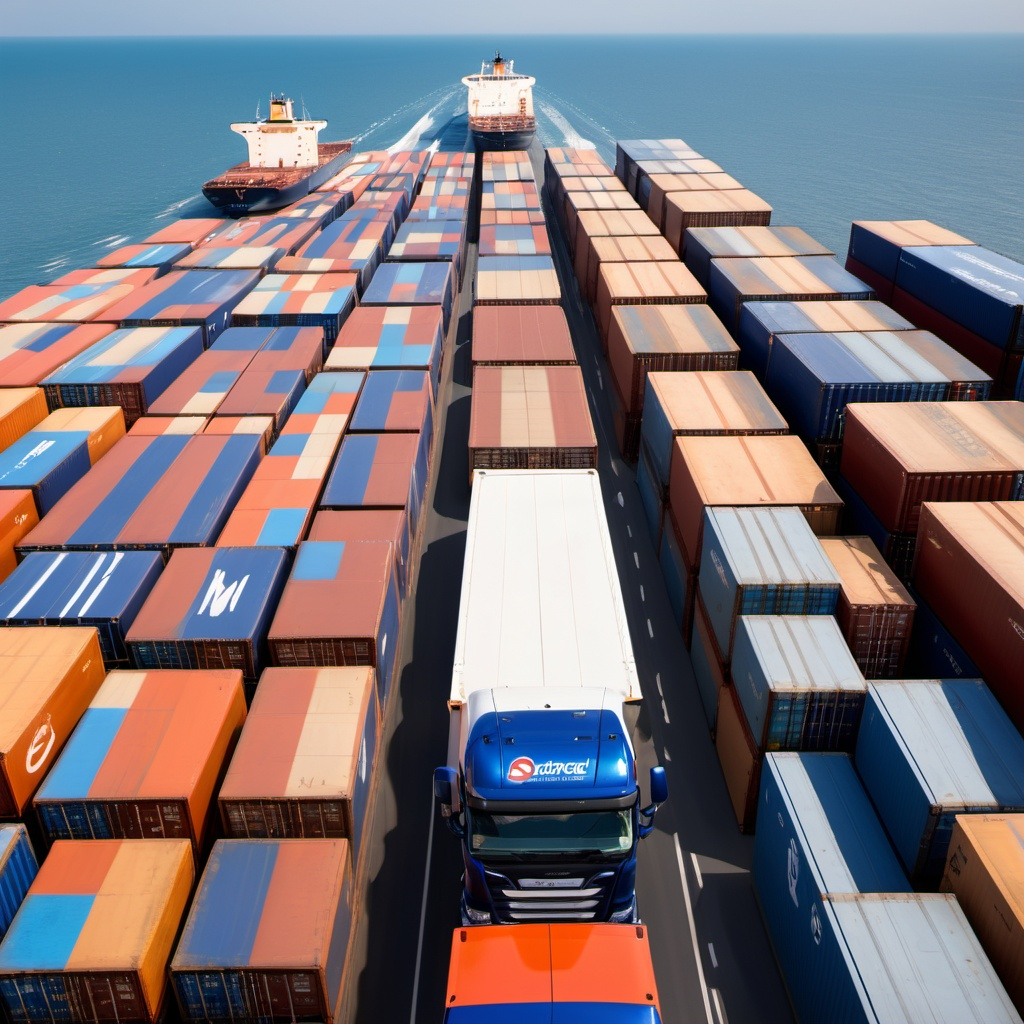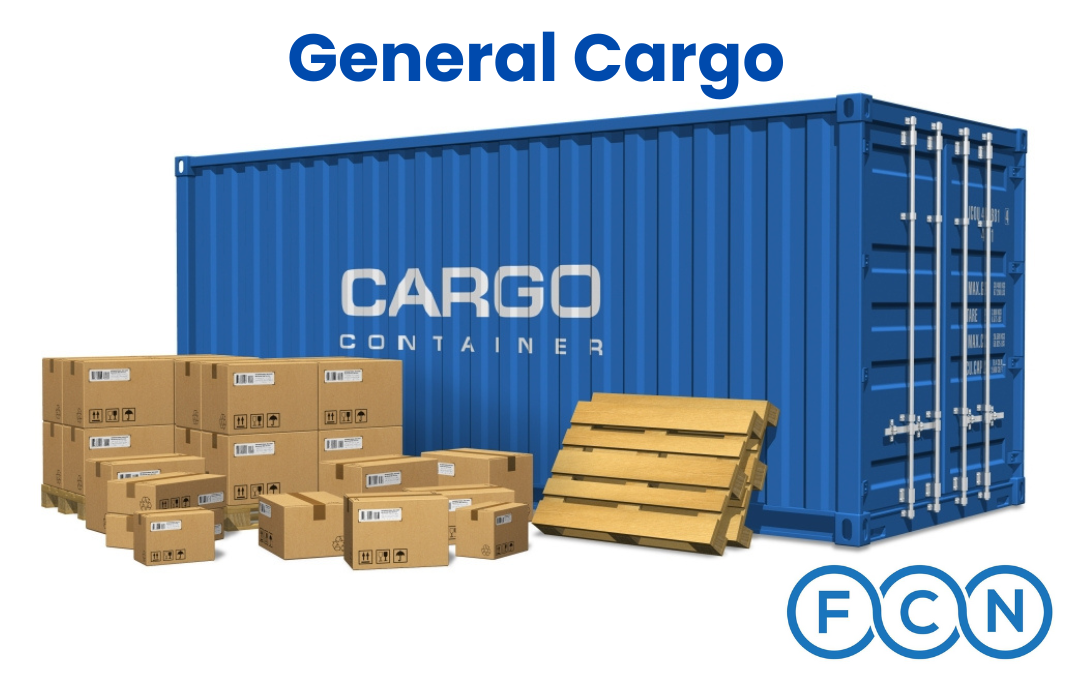
Disruptions to trade and global supply chains can be caused by many factors, including natural disasters, pandemics, geopolitical instability, and economic upheaval. These disruptions can impact the production, sale, or distribution of products.
Causes of supply chain disruptions
- Natural disasters: Disruptions to transportation and production can be caused by natural disasters
- Pandemics: The COVID-19 pandemic caused disruptions to supply chains, including factory closures, rising freight rates, and shortages
- Geopolitical instability: Wars, trade disputes, and sanctions can disrupt supply chains
- Economic upheaval: Currency fluctuations, financial difficulties, and inflation can disrupt supply chains
- Cyberattacks: Cyberattacks can disrupt the flow of goods and materials
- Rapid changes in consumer demand: Sudden spikes in demand can disrupt supply chains
- Labor issues: Labor strikes and shortages can disrupt supply chains
- Regulatory shifts: New trade agreements and alliances, and rapidly changing regulatory environments can disrupt supply chains
- War: War can disrupt trade and global supply chains by damaging infrastructure, blocking ports, and closing borders. This can make it difficult to move raw materials and finished goods, which can increase costs and delivery times.
How war disrupts trade and supply chains?
- Damaged infrastructure - War can damage roads, bridges, and other infrastructure that's critical for transportation.
- Blocked ports - Ports can be blocked by war, making it difficult to import and export goods.
- Closed borders - Borders can be closed by war, making it difficult to move goods across borders.
- Increased security risks - War can increase security risks, which can make it more expensive and time-consuming to transport goods.
- Disrupted transportation routes - War can disrupt transportation routes, making it more difficult to move goods from one place to another.
- Reduced product availability - War can reduce the availability of products, including food and raw materials.
Effects of supply chain disruptions
- Shortages: Shortages of raw materials, food, fuel, and construction materials can impact the economy
- Inflation: Supply chain disruptions can lead to inflation
- Loss of revenue: When companies can't deliver products, they lose revenue and their customers' trust




